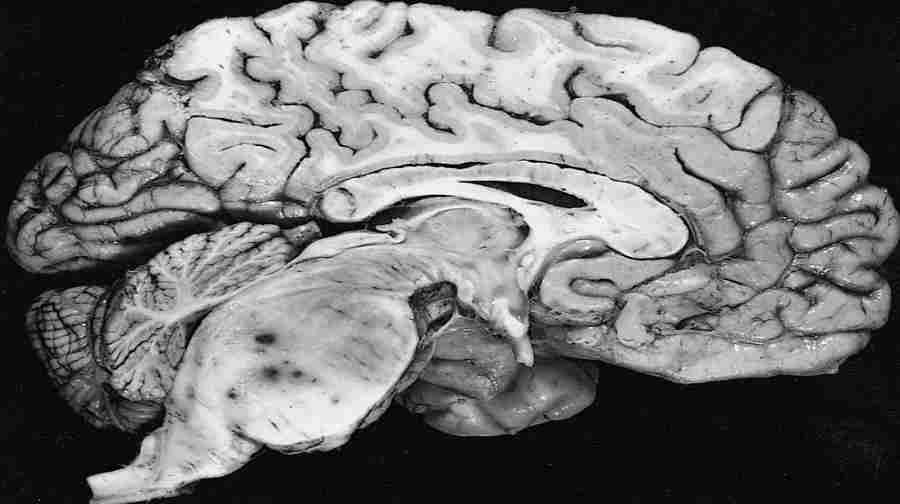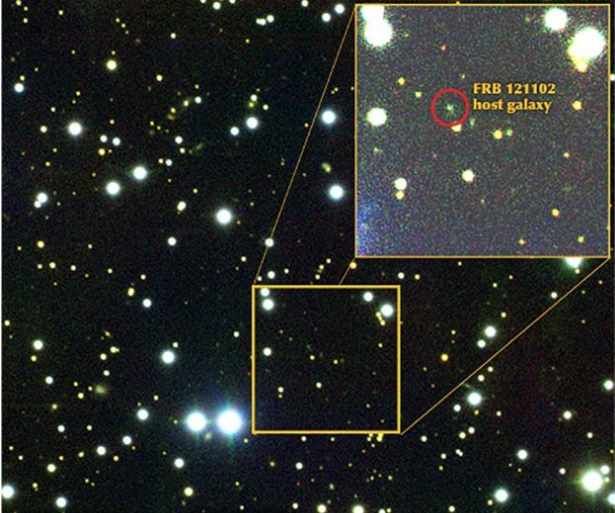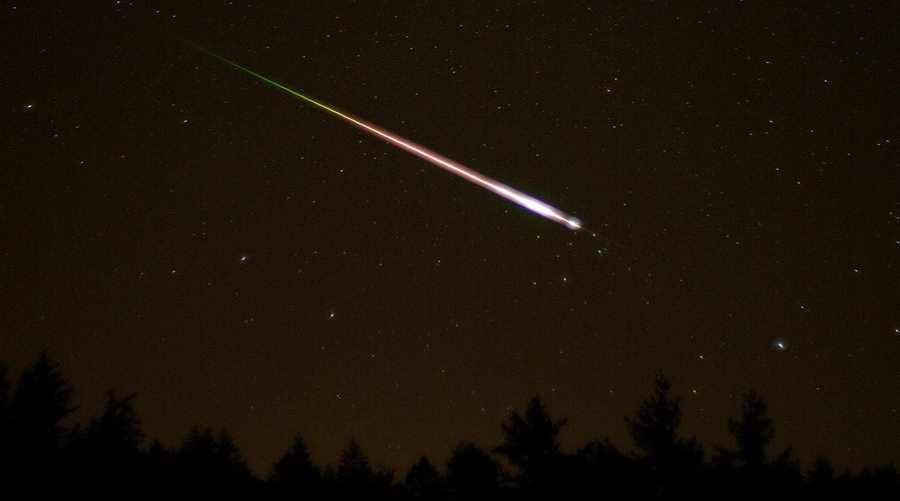This is what the ancestor of man looked like? “It is the origin of a large group of species, including humans.”
– The discovery provides a glimpse into the first stages of evolution, która over time led to the formation of fish, and eventually ourselves – people – said one of the authorsów of discovery. It is the ancestor of humans,” he argued.
The researchers analyzed 45 fossils about the size of a grain of rice found in sedimentary rocks from China’s Shaanxi province in póNorth-central part of the Middle Kingdom. They have identified a hitherto undescribed species of.
– We already have to our credit some important discoveries. We found the oldest fish and rót representatives of wtóroust. Saccorhytus coronarius gives us a look at the first stages of evolution, whichóra over time led to the formation of fish, and eventually us humans – stressed Degan Shu of the University of PóNorth-western China, który took part in the discovery.
Discovery of Saccorhytus coronarius species will help fill gaps in evolution of organismów zwanych wtórouste – (wtórnogobia, Deuterostomia). These microscopic animals are co-ólnymi ancestors for a wide group of vertebratesów. Researchers have found that it is the oldest known species, with które on which other species have evolved over time – fish, amphibians, birds and eventually humans.
The researchers believe that this tiny ancestor of all vertebratesów lived in the sand at the bottom of the mórz about 540 millionów years ago. It was about one millimeter in size. According to the specialistów, the creature had a large, flexible openingór mouth, który móHead extended to relatively larger prey. Experts believe that the organism was devoid of an anus – That is, it excreted using its mouth opening.
– Saccorhytus coronarius is believed to be among the first wtóroustic may have represented the primitive beginnings of a very large group of speciesów, including ourselves – humans. All wtórousts have had wspólnego ancestor and we think we have found it – said one of the author’sóin the discovery, Professor Simon Conway Morris of the University of Cambridge.









